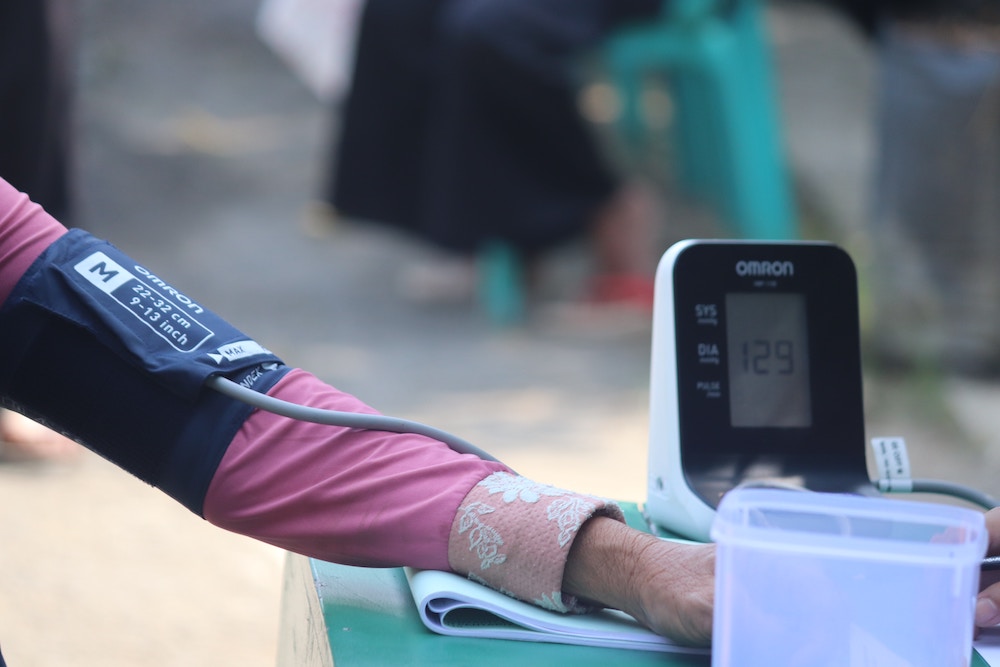High blood pressure, also known as hypertension, is a common yet often underestimated health condition that affects millions of people worldwide. Often referred to as the “silent killer,” it doesn’t usually show noticeable symptoms until it reaches a dangerous level. In this blog, we’ll explore what high blood pressure is, its causes, consequences, and how to manage and prevent it.
What is High Blood Pressure?
Blood pressure is the force of blood against the walls of your arteries as your heart pumps it throughout your body. When this pressure is consistently too high, it can damage the arteries and increase the risk of serious health problems.
Causes of High Blood Pressure:
- Lifestyle Factors: Poor diet, lack of physical activity, excessive alcohol consumption, and smoking are major contributors to high blood pressure.
- Genetics: Family history can play a role. If your parents or close relatives have hypertension, you might be at higher risk.
- Age: As we get older, the risk of high blood pressure increases.
- Medical Conditions: Certain medical conditions like kidney disease, hormonal disorders, and sleep apnea can lead to high blood pressure.
Consequences of High Blood Pressure:
Uncontrolled hypertension can have severe consequences, including:
- Heart Disease: High blood pressure can lead to heart attacks, heart failure, and other cardiovascular issues.
- Stroke: It’s a leading cause of strokes, which can be life-threatening and cause long-term disability.
- Kidney Damage: Hypertension can harm the blood vessels in the kidneys, potentially leading to kidney failure.
- Vision Problems: It can affect the blood vessels in the eyes, leading to vision impairment or even blindness.
Managing and Preventing High Blood Pressure:
- Lifestyle Changes: Incorporate a balanced diet, regular exercise, and stress management into your daily routine. Reducing salt and alcohol intake can also be beneficial.
- Medication: In some cases, doctors may prescribe medication to lower blood pressure.
- Regular Checkups: Monitor your blood pressure regularly, especially if you have risk factors. Early detection and management are crucial.
- Quit Smoking: If you smoke, quitting can significantly lower your risk of hypertension.
In conclusion, high blood pressure is a common condition with serious health implications, but it’s manageable and preventable. By making healthy lifestyle choices, staying informed, and seeking medical advice when needed, you can take control of your blood pressure and reduce your risk of related health problems. Don’t let hypertension become the silent threat to your health – take action today to protect your future well-being.
